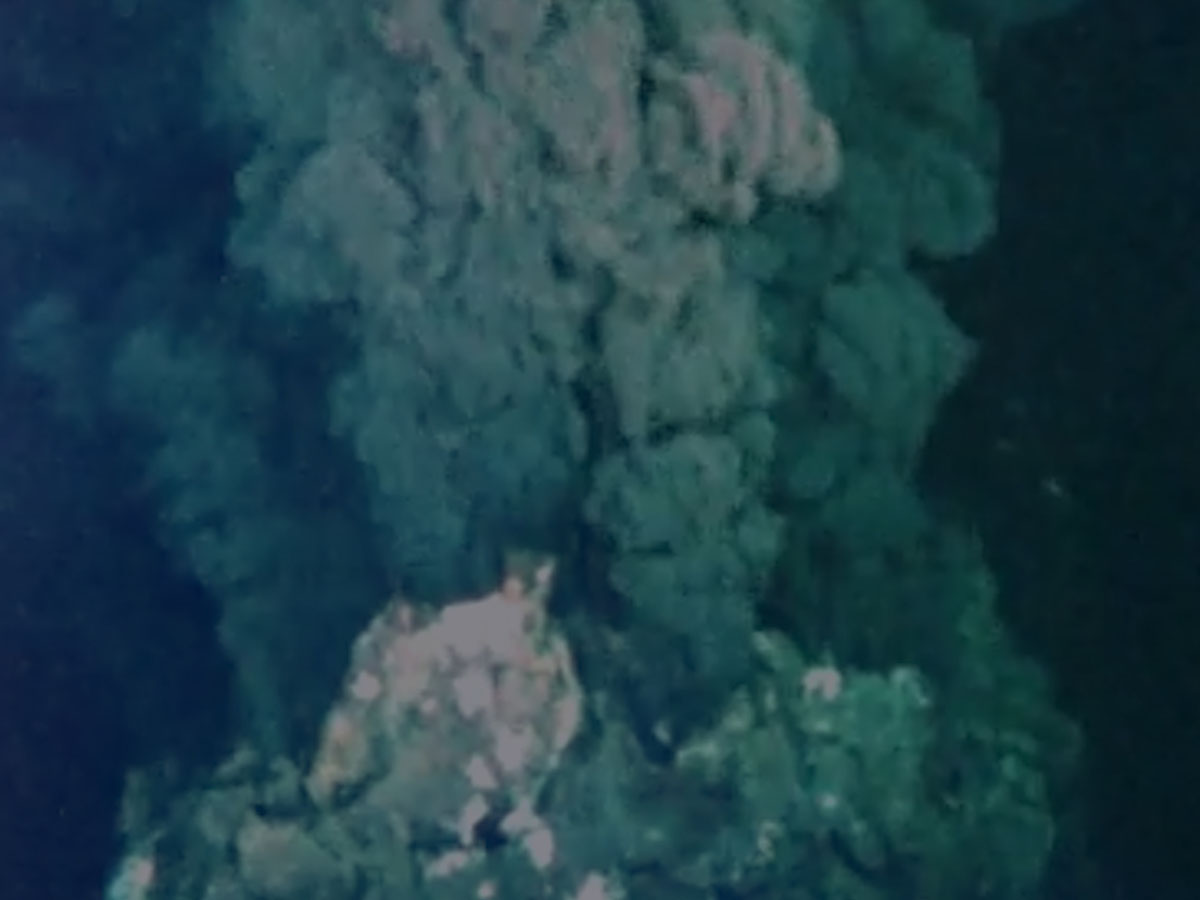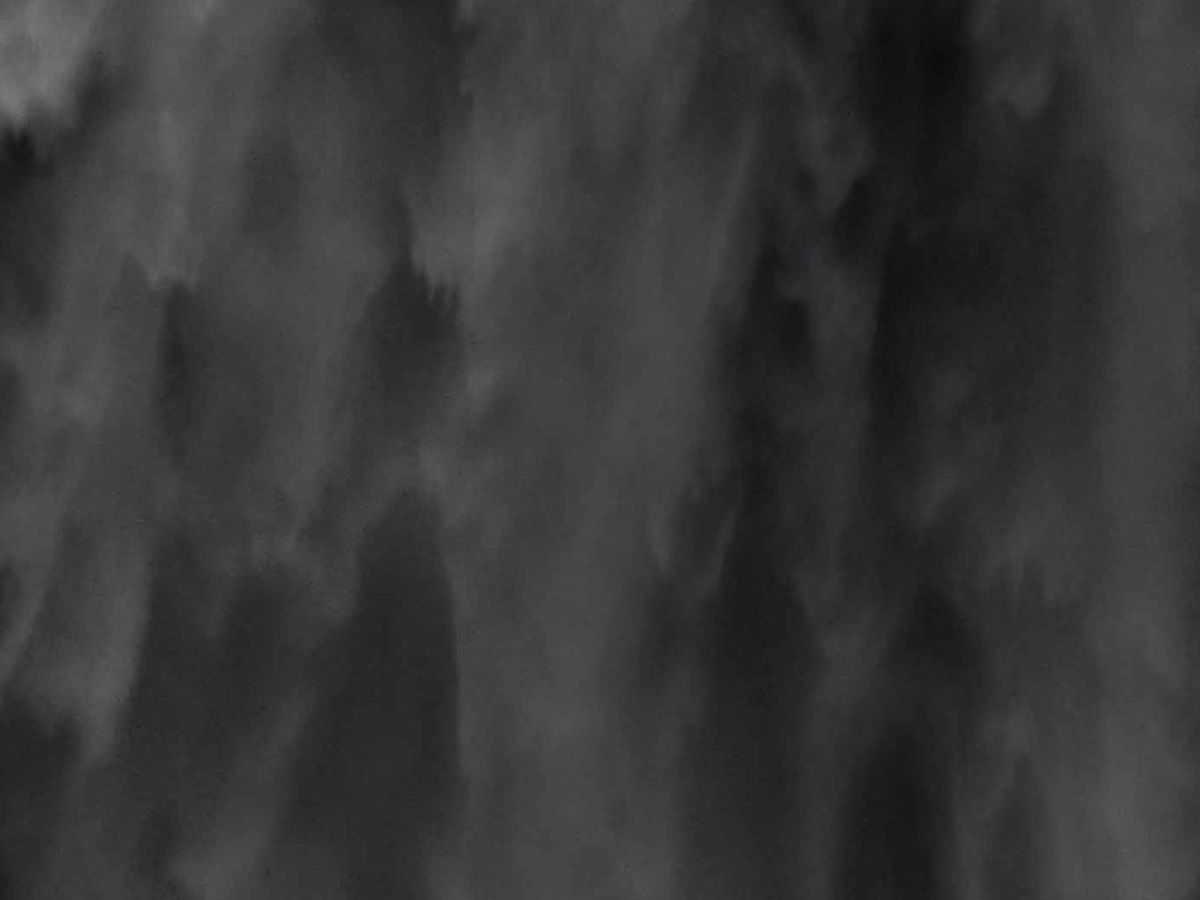
Water and Salt
Água e Sal
During the 2018 Brazilian presidential elections, a woman floats in waters far from home. When everything seems calm, a wave hits and carries her to the depths of her being. Water and Salt is a journey through the consciousness of someone whose country is under threat of a fascist government.
Luisa Mello’s Water and Salt depicts two resources with a prominent place in film history. Think of the ocean, the ocean as the source of everything. And think of a tiled bathtub in a small apartment, where loss and love often coexist. Or think of a space in between these two. With some salt stuck between their teeth, Mello searches for peace and answers in a third and more uncanny place.
At the film’s start, it is unclear how vast the body of water carrying Water and Salt’s protagonist stretches. She is totally peaceful, though her thoughts find a way to escape through the waves. Can anybody hear her? A voice murmurs everything is ok; it is just water. She’s testing to see how far the blue liquid will carry her words, how often and fast their echoes return to her. The water warmly and gently cradles her. The young woman appears to be at sea, gazing at clouds, only this isn’t the case. She’s in a spaceship of sorts, in a quiet room lit with blue LEDs. She allowed herself forty minutes of relaxation and is looking towards the sky, though clouds were nowhere to be found. Like that, the first ounces of surrealism find their way into the film.
Maybe she’s a futurist, like the poet Majakovski, quoted at the end of the film. Perhaps she is a space traveler from a humbly optimistic time in the future. Whatever the case, she’s floating far away from the reactionary ideas overpowering a phone call with her mother in Rio de Janeiro. The disruptor? The droning voice of Jair Bolsonaro, rising to power in Brazil. Her (faith in the) motherland trembles and quakes. At times, the distance between revolting and caring for oneself is little; at times, it is larger, like ebb and flood. Leaving town for a while, making art, studying philosophy… These are Mello’s choices. Her short films always allow space for big questions and fragile ideas. In Water and Salt, both the room and the camera are quiet. The minimal editing and ditto score build up tension. A tension that at first feels vague or unheimlich but eventually is linked to Bolsonaro’s reign.
Some things are uncertain and difficult to understand; words are needed. The mother’s voice on the phone contrasts sharply with the tyrannical one coming from national television. One doubtful and full of love, the other wholly convinced of itself. And yet both voices can be traced back to the same water. Todo o mundo vem da água, together with Botticelli 's Venus. But this water reaches far and wide. Like Majokoviski writes: “The sea of history is rough”. Wild waters, peaceful waters. In her film, Mello looks for a balance between these two: quietly, estranged, movingly, softly. Because that is how Majokivski’s poem starts: “We’re not happy, of course, but also, why should we be sad?”.
Water has been of importance in Mello’s previous work. In Semi úmido (2019), an extremely thirsty country has only a minuscule amount of water. Here, water brings life and unites people. In this film, clouds take on the shape of clouds. That is to say: we are all equal, and anyone deserves to be recognised as a cloud amongst clouds. No matter how many ideas a tyrant might have about the sky, he cannot simply change the makeup of a cloud.
Apart from water, salt, and clouds, Mello’s work often features young and older people, artists, animals, and cities; these things are the source of her documentaries. Her films always leave room for fictive contemplation and interpretations. Water and Salt, for that matter, hardly reads as a documentary. In these reflective ten minutes, she attempts to translate a thought, a feeling, an observation. In situations like this, where words are insufficient, and the outside world offers few answers, Mello constructs her own images. Or she turns to archival ones. Some of Water and Salt’s images are found footage of the turbulent life underwater. Simultaneously, we hear Bolsonaro reporting back on his actions. When the silence eventually returns, the young woman exits the tub and leaves the bathroom, fully naked. The door slamming shut and the droplets on the floor's smooth surface sound much harsher than her own voice. Internal waters prove to be more trustworthy.
Meanwhile, it appears that Bolsonaro will remain present in media and politics. Majakovski’s history clatters on. The water floods the stairs of the parliament building in Brasilia and spills into the city. Bolsonaro’s followers do not accept defeat. Hopefully, the water washes them all back to the sea, where they can enjoy forty minutes of relaxation before the water retreats, leaving nothing but salt on their lips.
The thaw of the so-called eternal snow of Páramo, a neotropical alpine ecosystem in the high Andes, exposes a layer of meaning about the origins and survival of the landscape.



